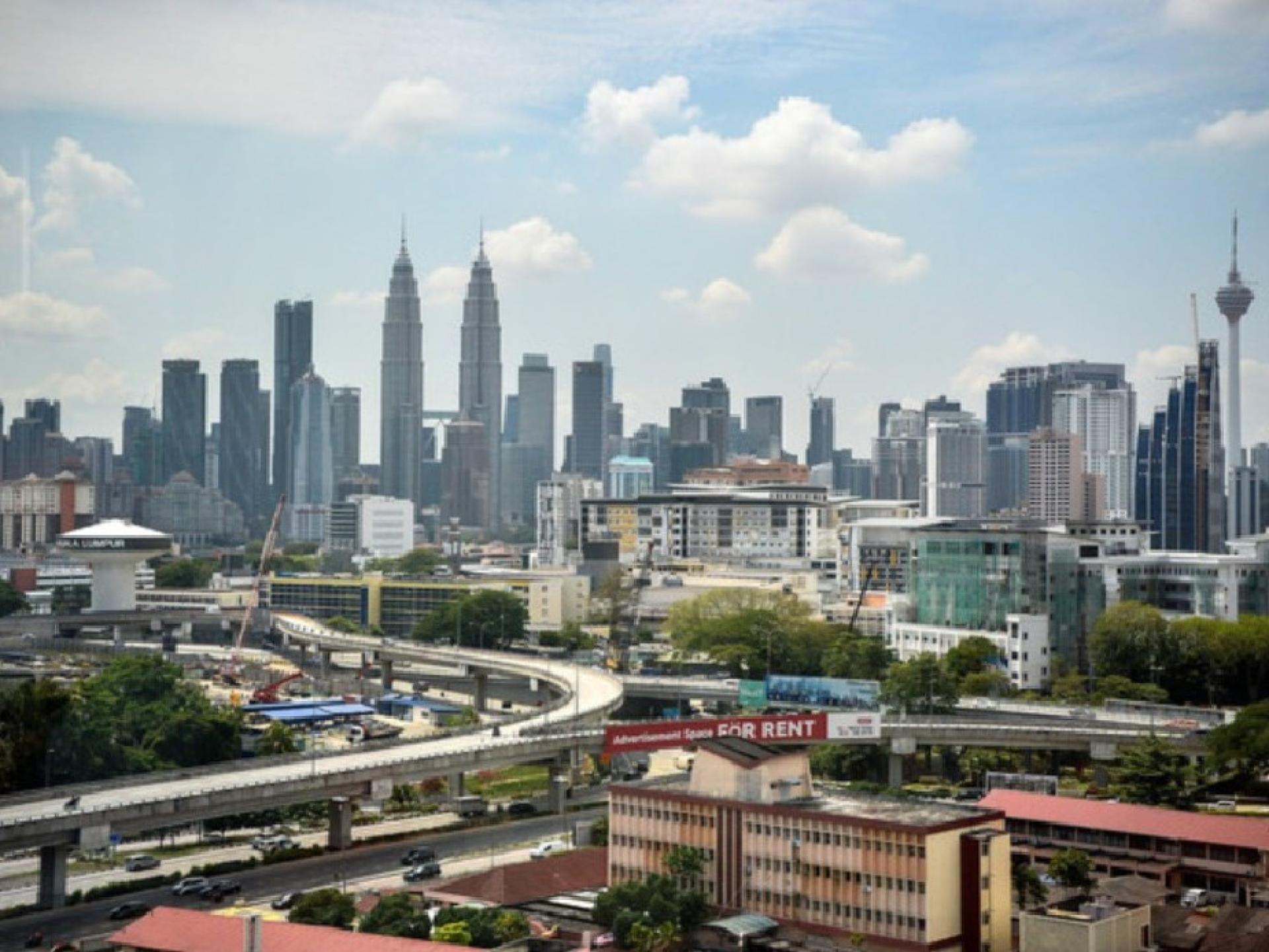(Singapore, 2nd) Minister of Investment, Trade and Industry, Tengku Zafrul, said that as the government is committed to reform, cooperation, and innovation, and is building a stronger, more mature, and more inclusive economy, investor confidence is clearly returning to Malaysia.
He said, Malaysia today is evidently stronger and more resilient, with a significant leap in global competitiveness rankings.
In his opening speech at the Milken Institute 2025 Asia Summit today, he said: “Our re-entry into the global investors’ radar is a result of deliberate planning, not coincidence. But Malaysia will not rest on its laurels.
“Our exports are diversifying, with green technology, medical devices, and digital services expanding rapidly as new pillars of growth.”
Tengku Zafrul said Malaysia adopts a three-pronged approach to addressing today's increasingly complex global landscape: industrial reform, innovation and economic complexity, and green strategy.
He said Malaysia’s industrial reform is aimed at reshaping the nation’s industry to meet future challenges.
He pointed out that by driving industrial upgrading, digitalization, and sustainable development, Malaysia is raising the maturity of its manufacturing sector, accelerating technological adoption, and strengthening the development of small and medium enterprises.
“For a long time, Malaysia has been a reliable centre for assembly and testing. Now, we are actively moving up the value chain in innovation and economic complexity, such as in design, advanced packaging, and semiconductor R&D.”
For investors, Malaysia’s strict implementation of industrial reform demonstrates our determination to move up the value chain.
Additionally, Tengku Zafrul said, the Green Investment Strategy (GIS) ensures Malaysia remains at the forefront of renewable energy, carbon services, and sustainable finance.
He said all these national strategies are complemented by cross-border initiatives, such as the Johor-Singapore Special Economic Zone (JS-SEZ), which has now become a test bed for how ASEAN can integrate supply chains, enhance resilience, and create cross-border high-value opportunities.
With Malaysia holding the ASEAN chairmanship this year, ASEAN is expected to achieve most of the 18 priority economic outcomes proposed at last week’s ASEAN Economic Ministers’ Meeting.
He said, ASEAN continues to shine despite global headwinds, with an expected growth rate of 4.2% this year, compared to 2.8% in the same period last year.
Last year, goods trade grew by nearly 9% to reach US$3.8 trillion, services trade grew by 12%, and foreign direct investment (FDI) increased by 8.5%, even as global FDI fell by 11%.
Tengku Zafrul said ASEAN’s role as a bridge in a world full of conflicts should not be underestimated; ASEAN remains one of the few middle-power platforms capable of sitting at the table with the US, China, India, the Gulf Cooperation Council (GCC), and Europe.
He said Malaysia is determined to maintain ASEAN’s openness, inclusivity, and centrality, as this is the best way to achieve peace and prosperity for all humanity.
“During Malaysia’s chairmanship, we will not apologize for our firm neutral stance or for prioritizing the ASEAN way.”
In his opening speech at the Milken Institute 2025 Asia Summit today, he said: “Our re-entry into the global investors’ radar is a result of deliberate planning, not coincidence. But Malaysia will not rest on its laurels.
“Our exports are diversifying, with green technology, medical devices, and digital services expanding rapidly as new pillars of growth.”
Tengku Zafrul said Malaysia adopts a three-pronged approach to addressing today's increasingly complex global landscape: industrial reform, innovation and economic complexity, and green strategy.
He said Malaysia’s industrial reform is aimed at reshaping the nation’s industry to meet future challenges.
He pointed out that by driving industrial upgrading, digitalization, and sustainable development, Malaysia is raising the maturity of its manufacturing sector, accelerating technological adoption, and strengthening the development of small and medium enterprises.
“For a long time, Malaysia has been a reliable centre for assembly and testing. Now, we are actively moving up the value chain in innovation and economic complexity, such as in design, advanced packaging, and semiconductor R&D.”
For investors, Malaysia’s strict implementation of industrial reform demonstrates our determination to move up the value chain.
Additionally, Tengku Zafrul said, the Green Investment Strategy (GIS) ensures Malaysia remains at the forefront of renewable energy, carbon services, and sustainable finance.
He said all these national strategies are complemented by cross-border initiatives, such as the Johor-Singapore Special Economic Zone (JS-SEZ), which has now become a test bed for how ASEAN can integrate supply chains, enhance resilience, and create cross-border high-value opportunities.
With Malaysia holding the ASEAN chairmanship this year, ASEAN is expected to achieve most of the 18 priority economic outcomes proposed at last week’s ASEAN Economic Ministers’ Meeting.
He said, ASEAN continues to shine despite global headwinds, with an expected growth rate of 4.2% this year, compared to 2.8% in the same period last year.
Last year, goods trade grew by nearly 9% to reach US$3.8 trillion, services trade grew by 12%, and foreign direct investment (FDI) increased by 8.5%, even as global FDI fell by 11%.
Tengku Zafrul said ASEAN’s role as a bridge in a world full of conflicts should not be underestimated; ASEAN remains one of the few middle-power platforms capable of sitting at the table with the US, China, India, the Gulf Cooperation Council (GCC), and Europe.
He said Malaysia is determined to maintain ASEAN’s openness, inclusivity, and centrality, as this is the best way to achieve peace and prosperity for all humanity.
“During Malaysia’s chairmanship, we will not apologize for our firm neutral stance or for prioritizing the ASEAN way.”
